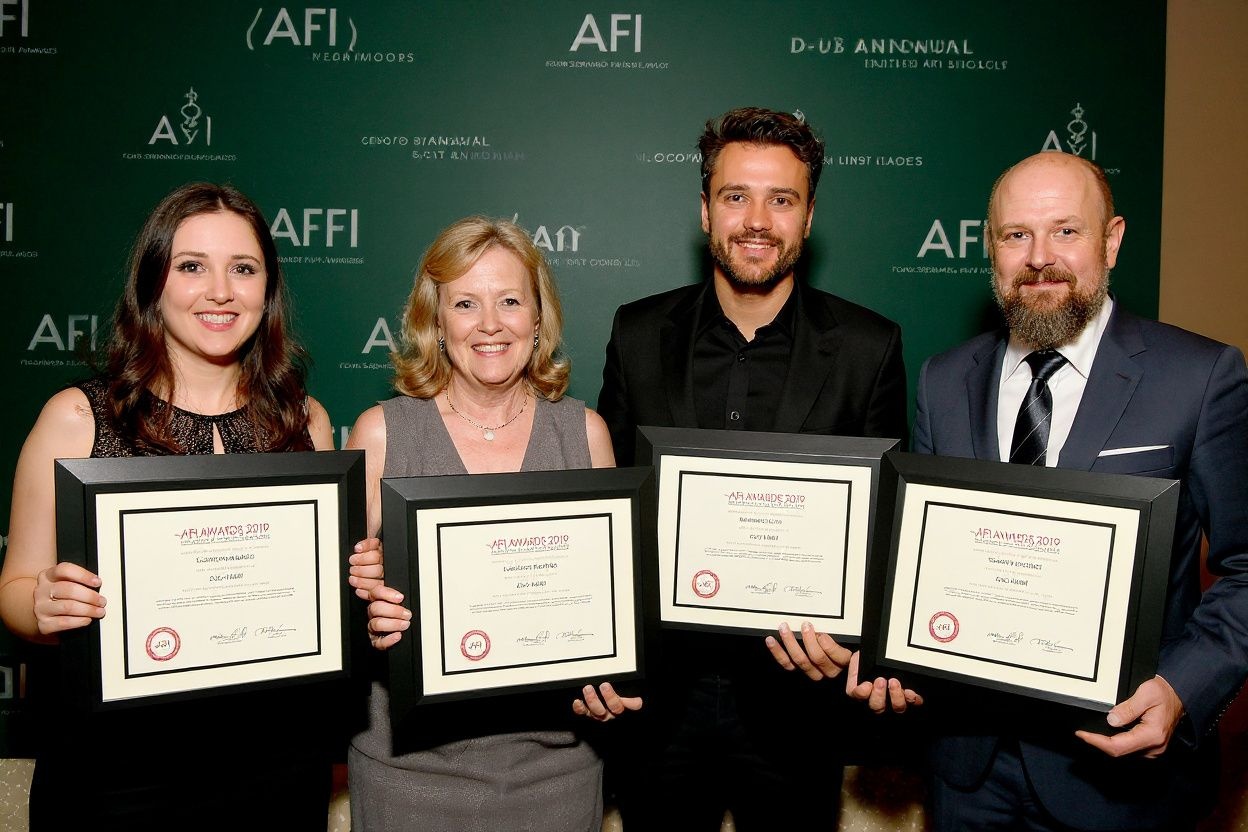
From Martin Scorsese to George Lucas, these award-winning directors are proof that studying film and television will open up an oasis of opportunities. These programmes give students a comprehensive education in media, communication, business, design and art with television as the main focus.
Many programmes in this field are hands-on and will let you create your own original work. A variety of courses are offered in between the lines of film and television that could set you up for careers in directing and perhaps being a senior VFX artist for a big-time action film.
Francesco Panzieri, an Italian senior visual effects digital compositor who graduated from New York Film Academy in 2009 is a perfect example of a successful film and television graduate. He has since worked on “Star Wars: The Force Awakens,” “Clash of The Titans,” “Mad Men,” “CSI,” and many more. However, Panzieri stressed that to find a job in this industry, he searched high and low with an obsession that might scare some. For him, perseverance is the key to success here.
 Mad Men, an American period drama television series, was one of the shows Panzieri worked on as a visual effects digital compositor.Below we take a look at what studying film and television will be like:
Mad Men, an American period drama television series, was one of the shows Panzieri worked on as a visual effects digital compositor.Below we take a look at what studying film and television will be like:
Top film schools around the globe
The American Film Institute is arguably the most famous out of all US film schools as it hosts several star-studded events and festivals throughout the year. Tuition fees here for first year students can come up to US$57, 340.
Toronto Film School is well-established as the creme de la creme in Canada for being a career-focused school providing practical industry knowledge. Here, international students can expect to pay CA$35,044 for a 12-month programme.
In Paris, La Fémis is one of the best film schools. It offers programmes taught in French, but also has exchange programmes with institutes in the US. This small school consists of 200 students where 8% are international and pay US$13,280 a year.
In Asia, Beijing specifically, the Beijing Film Academy offers a bachelor of fine arts taught in English and is the only film academy in China. Here the tuition fees are US$12,720 a year for international students.
 Honorees Thomasin McKenzie, Christine Leunens, Roman Griffin Davis, Taika Waititi and Carthew Neal pose with awards during the 20th Annual American Film Institute Awards at Four Seasons Hotel Los Angeles at Beverly Hills
Honorees Thomasin McKenzie, Christine Leunens, Roman Griffin Davis, Taika Waititi and Carthew Neal pose with awards during the 20th Annual American Film Institute Awards at Four Seasons Hotel Los Angeles at Beverly Hills
Types of programmes
The whole realm of film and television is very broad — equipment, screenplays, lighting, and everything else in between. Although it is not necessary for you to possess a degree to be successful, a well-recognised one will help massively in beating the competition. Film and media studies — one of the most popular combinations — is where you’ll make the most out of practical and theoretical learning. From operating a camera, creating a television show to writing news, prepare for some practical work.
If you’re one of those who live for cult films like “The Matrix” and “Blade Runner,” then a dual degree in film and philosophy might be the perfect fit. This programme explores how films are used to investigate philosophical ideas. The list of options for dual degrees goes on and on. You’ll be able to pick and choose the majors and minors you want — imagine studying film with science or even psychology.
Jobs you can get
The jobs directly related to your degree can range from broadcast presenter, film director, video editor, and television production coordinator. Getting a degree in film and television would be useful as an advertising art director, public relations officer, and special effects technician among some.










